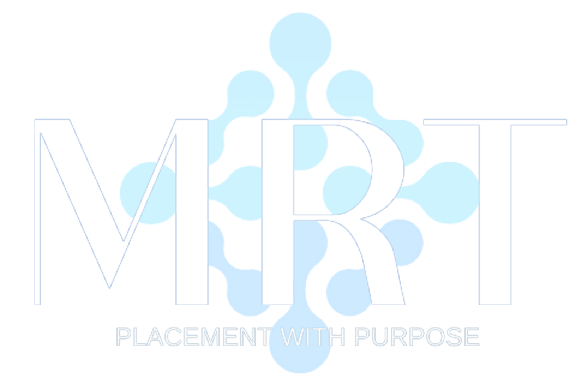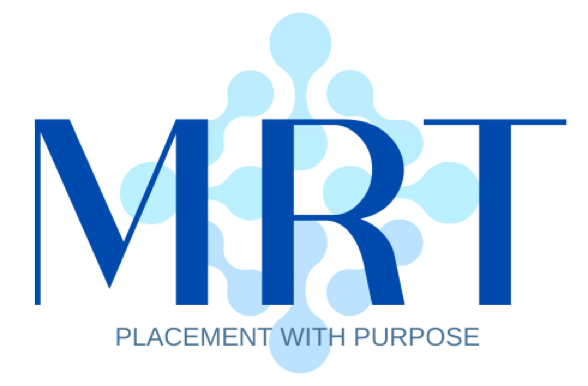August 30, 2023
Leading Multigenerational Manufacturing Teams: Strategies for Success
In the modern landscape of rapidly evolving workplaces, the dynamics of teams have undergone significant transformations. The emergence of multigenerational teams, consisting of individuals spanning diverse age groups, presents leaders with both challenges and opportunities. Effective leadership of these teams requires a strategic approach to align members around shared values and objectives. To navigate teams, leaders need strategies tailored for leading multigenerational manufacturing teams, exploring the essential components of success, potential challenges, and proven management techniques. Some topics that will be covered:
- Tips for leading multi-generational teams
- Strategies for leading multi-generational teams
- Keys to success for multi-generational teams
- Main challenges in managing a multi-generational work team
- Effectively manage a multi-generational workplace

Leading a Multigenerational Manufacturing Team: Key Strategies
Navigating the complexities of a multigenerational manufacturing team demands a blend of leadership styles that resonate with the unique attributes of each generation. To lead effectively:
1. Embrace Diversity and Inclusion: Recognize the distinct perspectives and strengths that each generation brings to the table. Valuing these differences fosters a culture of respect and collaboration, vital for team cohesion.
2. Foster Open Communication: Encourage transparent and open dialogue, creating an environment where team members freely express their ideas, concerns, and feedback. This ensures that all voices are not only heard but also valued.
3. Flexibility in Work Styles: Tailor your leadership approach to accommodate diverse work preferences. While some individuals thrive in traditional office settings, others excel in flexible work environments that support their productivity.
4. Unify Around Common Goals: Identify overarching objectives that align with the company’s mission. Highlight the tangible contributions of each team member towards achieving these shared goals.
The Cornerstone of Success: Shared Values for Multigenerational Teams
Shared values serve as the bedrock of any successful team, regardless of age. Manufacturing leaders must emphasize these values to foster a sense of purpose and unity:
1. Inclusion: Embrace diversity by ensuring that all team members feel valued and included. A sense of belonging nurtures collaboration and sparks innovation.
2. Respect: Cultivate an environment where respect is a non-negotiable aspect of team interactions. Encouraging open-mindedness and understanding creates a culture of empathy.
3. Collaboration: Foster cross-generational collaboration that capitalizes on the unique strengths of each age group. Promote knowledge-sharing to enhance problem-solving and decision-making.
Overcoming Challenges in Managing a Multigenerational Team
While multigenerational teams offer immense potential, they also present distinct challenges that require targeted solutions. Some of these challenges include:
1. Varied Communication Styles: Different generations may have differing communication preferences, leading to misunderstandings. Mitigate this by promoting effective communication techniques.
2. Balancing Work-Life Priorities: Younger team members might prioritize work-life balance, while older members emphasize commitment. Find ways to harmonize these priorities.
3. Technology Proficiency: Address varying degrees of tech-savviness that can impact adaptation to technological advancements in manufacturing processes.
4. Embracing Change: Overcome resistance to change by offering strategies to bridge the gap between older employees’ experience and younger employees’ openness to new technologies.
Effective Management Practices for a Multigenerational Workplace
Solving these challenges requires proactive management approaches:
1. Continuous Training: Provide ongoing training opportunities to enhance skills and bridge generational knowledge gaps.
2. Mentorship Initiatives: Establish mentorship programs where experienced team members guide newcomers, facilitating knowledge transfer.
3. Flexibility in Work Arrangements: Offer flexible schedules and remote work options to accommodate diverse preferences and requirements.
4. Strengthening Team Bonds: Organize team-building activities that encourage intergenerational collaboration and foster meaningful relationships.
Leveraging Diversity for Enhanced Success
Research demonstrates that diverse teams achieve 60% better results and make improved decisions in 87% of cases. Additionally, companies with diverse workforces are 35% more likely to achieve greater financial returns. These statistics underscore the importance of multigenerational teams in manufacturing and beyond. By cultivating an environment that integrates each generation’s strengths, manufacturing leaders can harness diversity to drive innovation and success.
Nurturing Multigenerational Manufacturing Teams for Long-Term Success
Effectively leading a multigenerational manufacturing team demands a strategic approach to establishing shared values and objectives. By embracing diversity, encouraging open communication, and proactively addressing challenges, manufacturing leaders can create a harmonious work environment that maximizes the potential of each generation. The key to success lies in cultivating inclusive values that foster collaboration, respect, and a collective pursuit of excellence. Through adept management practices, multigenerational teams in manufacturing contribute to organizational growth, innovation, and enduring success.

